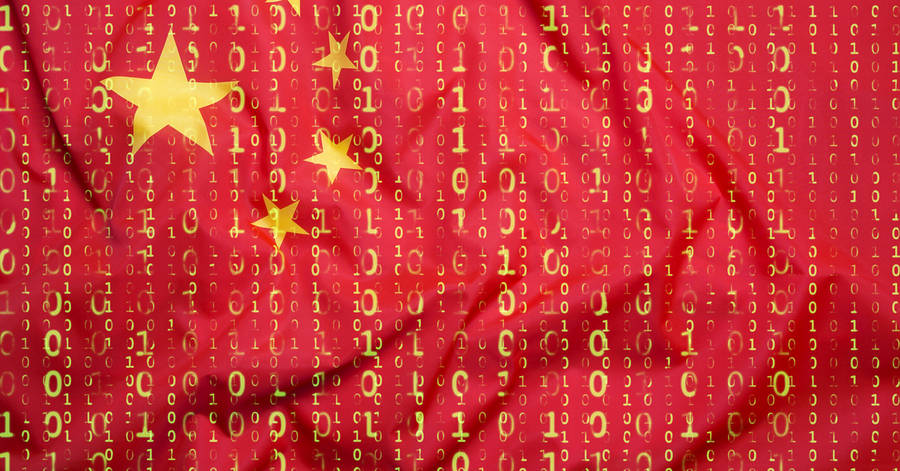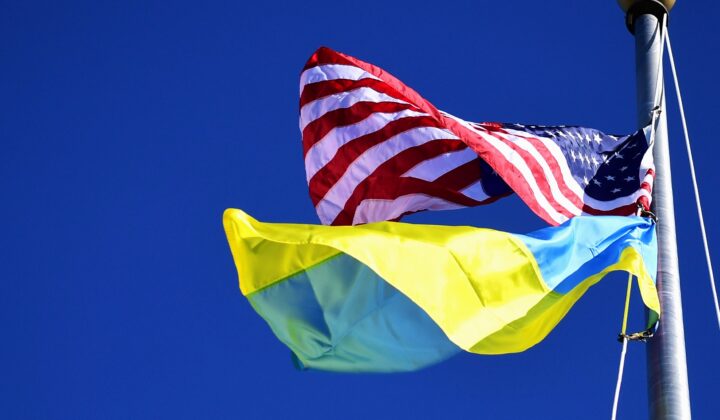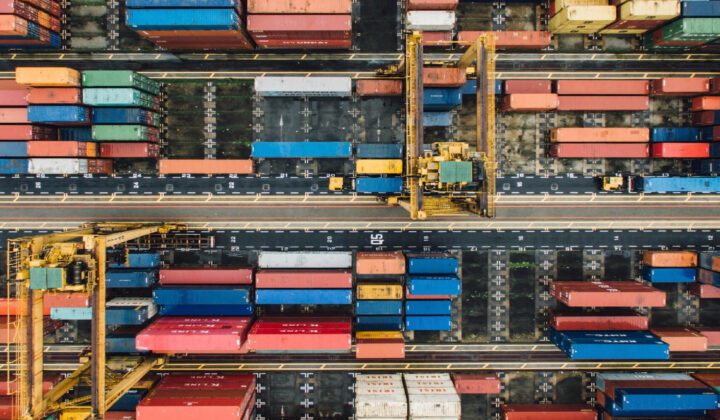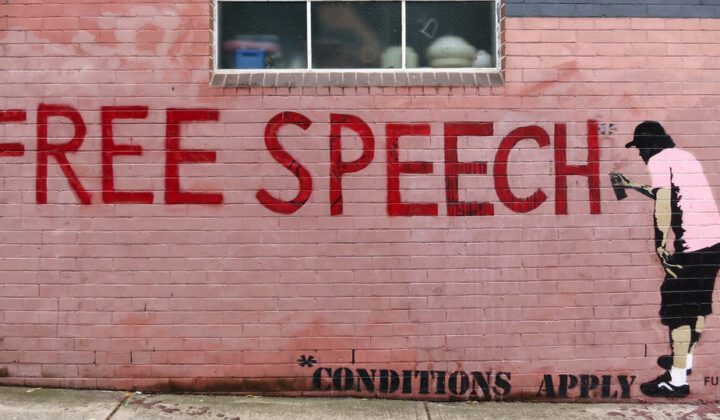When the internet was young, many people believed that it represented the beginning of censorship’s demise and the rise of unrestricted information exchange. Bill Clinton quipped that China’s efforts to curtail internet freedom were “like trying to nail Jell-O to the wall.”
It seems that the Jell-O has finally stuck.
The internet is splintering, with authoritarian and democratic governments alike manipulating their citizens’ digital spaces (albeit on very different scales). Is the idea of an open, shared internet in retreat?
What’s happening to the internet?
In short, countries have found ways to restrict their citizens’ rights online. Just last week, the Kremlin placed content restrictions on Facebook, Twitter, and Google. In India, Narendra Modi’s government passed a law allowing the imprisonment of social media executives for up to seven years if they refuse to remove content at the government’s request. And now Mauritius is considering an expansive law which would funnel all internet traffic through proxy servers, allowing the government to monitor everything its citizens do online.
Around the world, restrictions against the open internet are on the rise. According to Axios reporting on a press release from Facebook, service on its platform was disrupted 84 times in 19 countries in the second half of 2020, about 50% more than in the first half of the year.
To what extent are major internet restrictions a new thing?
This practice isn’t new, but it’s been getting worse.
China has been actively regulating the internet since 1997. Over the following two and a half decades, the ever-growing Great Firewall developed into an alternative internet that restricts foreign platforms like Google, tightly censors speech, and enables mass surveillance on a scale unlike anything before. And far from forcing authoritarian regimes like China to open, the internet instead appears to actually enable them to export these practices to other countries.
Following China’s lead, states such as Iran, Russia, Belarus, and Egypt have stepped up their regulation of online speech and activity, especially surrounding protests and elections. In 2019, there were 65 internet shutdowns related to protests alone.
Are authoritarians weaponizing the internet against democracy?
Authoritarians can only impose online restrictions within their borders, but they’re influencing the internet everywhere.
Over the last decade, the Kremlin has taken the lead in orchestrating complex disinformation campaigns. During the 2016 U.S. election cycle, an estimated 126 million people saw at least one post on Facebook that was created by Russian trolls, but Americans aren’t the only victims. Kremlin-backed troll farms have been traced to voter fraud theories during the Scottish and Catalan independence referendums; they’ve posed as Germans to criticize Angela Merkel’s immigration policies, and they’ve raised doubts about the legitimacy of elections in Italy and the Netherlands, to name a few.
Russia is the most prolific producer of disinformation, but other countries are learning quickly. According to a 2019 report, at least 70 countries have orchestrated disinformation campaigns, with 56 of those spreading state propaganda on Facebook. This past year, China and Iran have used social media campaigns to target democracies, suggesting that the U.S engineered the novel coronavirus behind the pandemic and that democratic governments are helpless to control it.
Can Western governments fight back against misinformation while protecting freedom of speech online?
European governments are leading the world in effective internet regulation to combat disinformation and protect their citizens’ data. The E.U.’s flagship data protection rules, the General Data Protection Regulation (GDPR), are liberal democracies’ most ambitious attempt at stopping the dangerous proliferation of private information.
At the same time, there are some troubling signs that they could be going too far. As European governments regulate the internet for their citizens’ protection, they also become monitors of acceptable speech, censors of objectionable content, and curators of online entertainment. Four years ago in Germany for example, Merkel’s government passed a sweeping law to police social media which was lambasted by Human Rights Watch and a United Nations working group for being overly restrictive of free speech.
Regulation is undoubtedly necessary, but free nations must be careful that in responding to the threats of misinformation emanating from authoritarian regimes, we don’t inadvertently go too far in limiting individual freedoms. A safer internet doesn’t have to become a more limited, fragmented one.
If we can take this moment as an opportunity to develop transnational standards for resisting disinformation while also enshrining freedom of speech in online platforms, we can preserve the dream of a cosmopolitan, safe, and open internet for future generations. The internet is at a crossroads, and it’s vital that all segments of society from the government to the private sector come together and proactively develop consistent online policies in defense of that dream.





